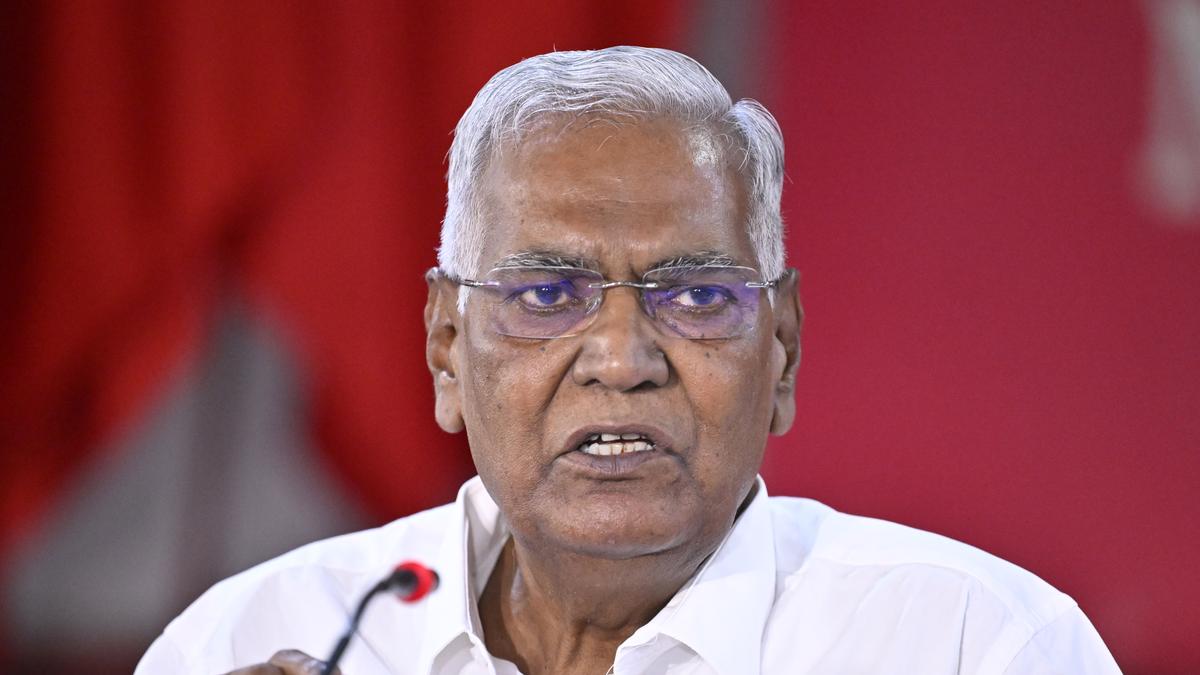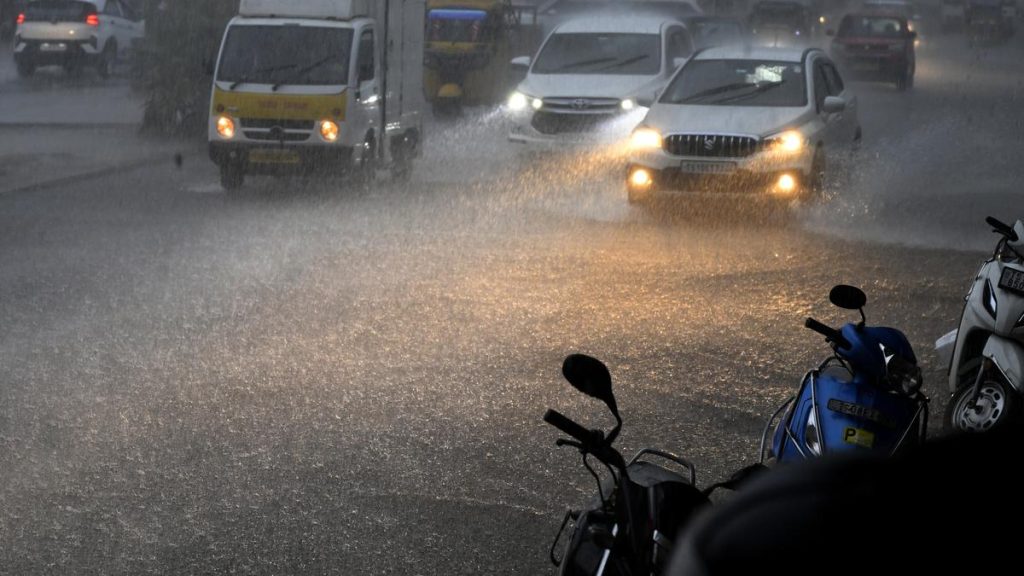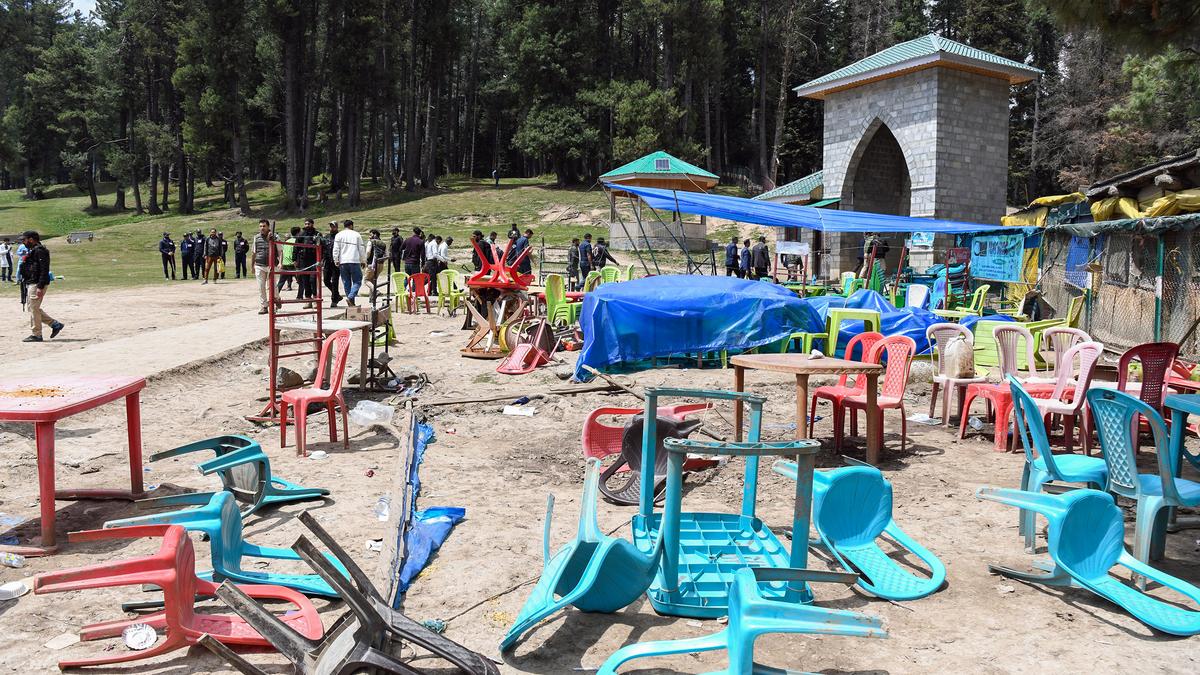Now Reading: CPI Blames Ideological Gaps for INDIA Bloc’s Limited Success
-
01
CPI Blames Ideological Gaps for INDIA Bloc’s Limited Success
CPI Blames Ideological Gaps for INDIA Bloc’s Limited Success

Fast Summary:
- The Communist Party of India (CPI) released its 64-page draft political resolution ahead of its 25th Congress scheduled for September 21-25 in Chandigarh, coinciding with the party’s centenary.
- The resolution highlights a “basic lack of ideological coherence” within the INDIA bloc, which undermined its collective strength and limited its effectiveness as an opposition coalition.
- Seat-sharing negotiations among bloc members where contentious and prolonged, often affected by regional political ambitions.
- Congress leader Rahul Gandhi contesting from Wayanad against a CPI candidate was termed an avoidable obstacle to deeper unity within the opposition.
- CPI emphasizes the need to defend constitutional values while resisting divisive politics but notes limitations due to ideological inconsistency in presenting a unified agenda beyond anti-BJP sentiment.
- It called on Congress, being INDIA’s largest constituent, to bring consistency on key issues like secularism, federalism, and India’s economic direction for more cohesive opposition efforts.
Indian Opinion Analysis:
The CPI’s release ahead of its centennial Congress is critical in assessing challenges within the INDIA bloc as it seeks stronger cohesion against dominant BJP-led governance. Pointing out fragmented seat-sharing talks and ideological differences highlights systemic obstacles faced by multi-party alliances operating amidst varied regional priorities and ambitions. Criticism over Rahul Gandhi’s Wayanad candidacy underscores strained coordination at pivotal junctions that could otherwise enable strategic unity.
Looking forward, CPI highlights essential steps towards effective coalition-building: aligning ideological clarity with actionable strategies addressing core governance concerns like secularism and federalism may foster broader confidence among voters instead of relying solely on anti-incumbency narratives against BJP rule. This analysis underscores how India’s political landscape demands stronger structural cooperation from opposition factions for impactful interventions in national policymaking.
Read More: Original Link























